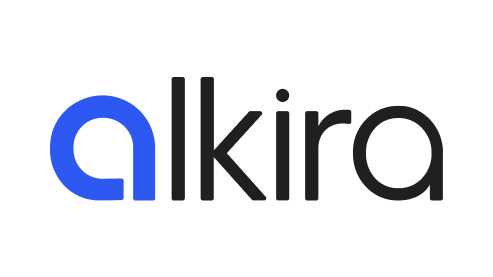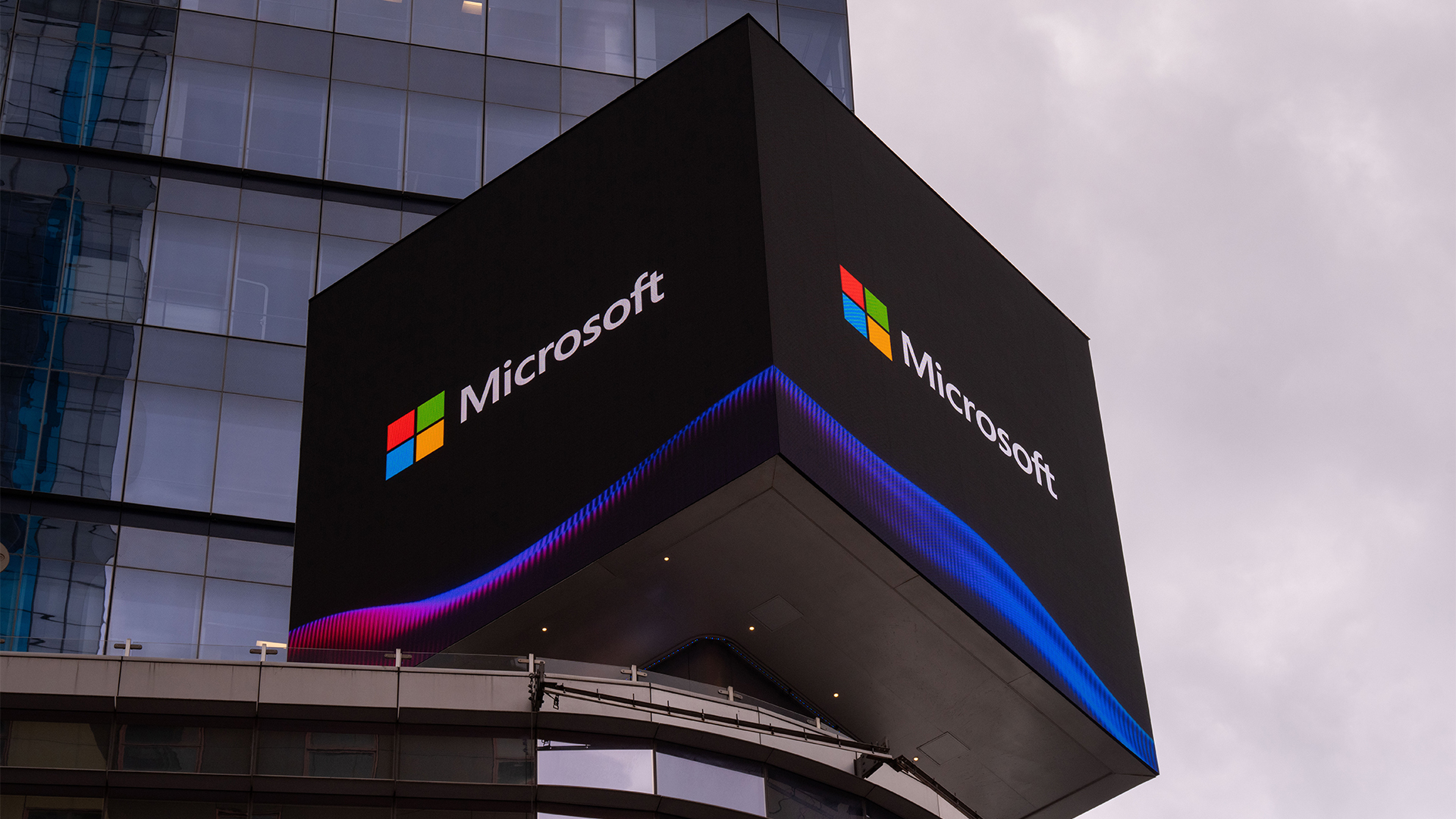Generative AI attacks are accelerating at an alarming rate
Two new reports from Gartner highlight the new AI-related pressures companies face, and the tools they are using to counter them


Generative AI attacks are accelerating at an alarming rate, according to Gartner, with 29% of organizations experiencing an attack on their AI application infrastructure in the last 12 months.
In a survey of 302 cybersecurity leaders in North America, EMEA, and Asia-Pacific, the consultancy found that 62% of organizations experienced a deepfake attack involving social engineering or exploiting automated processes.
Audio incidents were more common than video, with 44% reporting social engineering during a call with a supposed employee, compared with 36% in the case of video calls.
30% off Keeper Security's Business Starter and Business plans
Keeper Security is trusted and valued by thousands of businesses and millions of employees. Why not join them and protect your most important assets while taking advantage of this special offer?
Similarly, 32% experienced deepfake audio used against automated voice biometrics, compared with 30% in the case of face biometrics or identity verification.
Analysis from the consultancy found AI assistants are now a top target for threat actors, and they’re vulnerable to a variety of adversarial prompting techniques.
Attack methods highlighted in the study included prompts aimed at manipulating large language models (LLMs) or duping multimodal models into generating malicious outputs.
All told, 32% of respondents to the Gartner survey said they’d experienced an attack of this kind over the last year, representing a significant uptick.
Sign up today and you will receive a free copy of our Future Focus 2025 report - the leading guidance on AI, cybersecurity and other IT challenges as per 700+ senior executives
“As adoption accelerates, attacks leveraging GenAI for phishing, deepfakes and social engineering have become mainstream, while other threats — such as attacks on GenAI application infrastructure and prompt-based manipulations — are emerging and gaining traction," said Akif Khan, VP analyst at Gartner.
Generative AI attacks are changing the game
While 67% of cybersecurity leaders said emerging generative AI risks require significant changes to existing cybersecurity approaches, Gartner recommends a more cautious strategy.
“Rather than making sweeping changes or isolated investments, organizations should strengthen core controls and implement targeted measures for each new risk category,” said Khan.
Meanwhile, in a separate report, Gartner noted that organizations are increasingly turning to pre-emptive cybersecurity practices rather than standalone detection and response (DR).
By 2030, pre-emptive cybersecurity solutions are expected to account for 50% of IT security spending - up from less than 5% just a year ago.
Pre-emptive cybersecurity technologies use advanced AI and machine learning to anticipate and neutralize threats before they materialize. They include capabilities such as predictive threat intelligence, advanced detection, and automated moving target defense.
“Pre-emptive cybersecurity will soon be the new gold standard for every entity operating on, in, or through the various interconnected layers of the global attack surface grid (GASG),” said Carl Manion, managing vice president at Gartner.
“DR-based cybersecurity will no longer be enough to keep assets safe from AI-enabled attackers. Organizations will need to deploy additional countermeasures that act pre-emptively and independently of humans to neutralize potential attackers before they strike.”
Gartner predicts a shift from broad, one-size-fits-all DR security platforms toward more targeted pre-emptive cybersecurity tactics, many of which will be based on agentic AI and domain-specific language models (DSLMs).
Make sure to follow ITPro on Google News to keep tabs on all our latest news, analysis, and reviews.
MORE FROM ITPRO
- Security researchers have just identified what could be the first ‘AI-powered’ ransomware strain
- The top ransomware trends for businesses in 2025
- Agentic AI could be a blessing and a curse for cybersecurity
Emma Woollacott is a freelance journalist writing for publications including the BBC, Private Eye, Forbes, Raconteur and specialist technology titles.
-
 A new 'top-tier' Chinese espionage group is stealing sensitive data
A new 'top-tier' Chinese espionage group is stealing sensitive datanews Phantom Taurus has been operating for two years and uses custom-built malware to maintain long-term access to critical targets
-
 Alkira names Bruce Hockin as new EMEA and APAC channel chief
Alkira names Bruce Hockin as new EMEA and APAC channel chiefnews Hockin will lead the vendor's channel growth strategy across the two regions as it looks to meet the growing demand for network infrastructure-as-a-service
-
 A malicious MCP server is silently stealing user emails
A malicious MCP server is silently stealing user emailsNews Koi Security says it's discovered the first malicious MCP server in the wild, exposing a risk to the entire ecosystem
-
 NCA confirms arrest after airport cyber disruption
NCA confirms arrest after airport cyber disruptionNews Disruption is easing across Europe following the ransomware incident
-
 Cyber skills shortages are pushing firms into dangerous shortcuts – and it’s putting them at huge risk of security breaches
Cyber skills shortages are pushing firms into dangerous shortcuts – and it’s putting them at huge risk of security breachesNews Chronic cyber skills shortages mean many businesses are implementing quick fixes
-
 Pentesters are now a CISOs best friend as critical vulnerabilities skyrocket
Pentesters are now a CISOs best friend as critical vulnerabilities skyrocketNews Attack surfaces are expanding rapidly, but pentesters are here to save the day
-
 Hackers are disguising malware as ChatGPT, Microsoft Office, and Google Drive to dupe workers
Hackers are disguising malware as ChatGPT, Microsoft Office, and Google Drive to dupe workersNews Beware of downloading applications like ChatGPT, Microsoft Office applications, and Google Drive through search engines
-
 A terrifying Microsoft flaw could’ve allowed hackers to compromise ‘every Entra ID tenant in the world’
A terrifying Microsoft flaw could’ve allowed hackers to compromise ‘every Entra ID tenant in the world’News The Entra ID vulnerability could have allowed full access to virtually all Azure customer accounts
-
 ‘Channel their curiosity into something meaningful’: Cyber expert warns an uptick of youth hackers should be a ‘wake-up call’ after teens charged over TfL attack
‘Channel their curiosity into something meaningful’: Cyber expert warns an uptick of youth hackers should be a ‘wake-up call’ after teens charged over TfL attackNews Encouraging youths to engage in positive tech initiatives will guide them down the right path and away from nefarious activities
-
 Microsoft and Cloudflare just took down a major phishing operation
Microsoft and Cloudflare just took down a major phishing operationNews RaccoonO365’s phishing as a service platform has risen to prominence via Telegram

